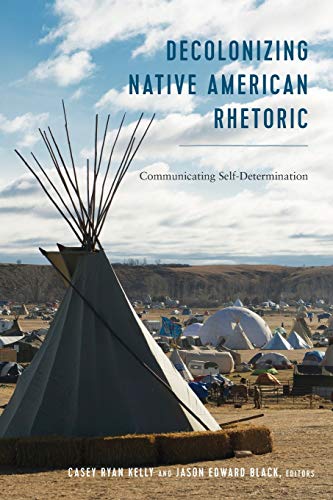

Most ebook files are in PDF format, so you can easily read them using various software such as Foxit Reader or directly on the Google Chrome browser.
Some ebook files are released by publishers in other formats such as .awz, .mobi, .epub, .fb2, etc. You may need to install specific software to read these formats on mobile/PC, such as Calibre.
Please read the tutorial at this link: https://ebookbell.com/faq
We offer FREE conversion to the popular formats you request; however, this may take some time. Therefore, right after payment, please email us, and we will try to provide the service as quickly as possible.
For some exceptional file formats or broken links (if any), please refrain from opening any disputes. Instead, email us first, and we will try to assist within a maximum of 6 hours.
EbookBell Team

4.0
46 reviewsAs survivors of genocide, mnemonicide, colonization, and forced assimilation, American Indians face a unique set of rhetorical exigencies in US public culture. Decolonizing Native American Rhetoric brings together critical essays on the cultural and political rhetoric of American indigenous communities, including essays on the politics of public memory, culture and identity controversies, stereotypes and caricatures, mascotting, cinematic representations, and resistance movements and environmental justice.
This volume brings together recognized scholars and emerging voices in a series of critical projects that question the intersections of civic identity, including how American indigenous rhetoric is complicated by or made more dynamic when refracted through the lens of gender, race, class, and national identity. The authors assembled in this project employ a variety of rhetorical methods, theories, and texts committed to the larger academic movement toward the decolonization of Western scholarship. This project illustrates the invaluable contributions of American Indian voices and perspectives to the study of rhetoric and political communication.